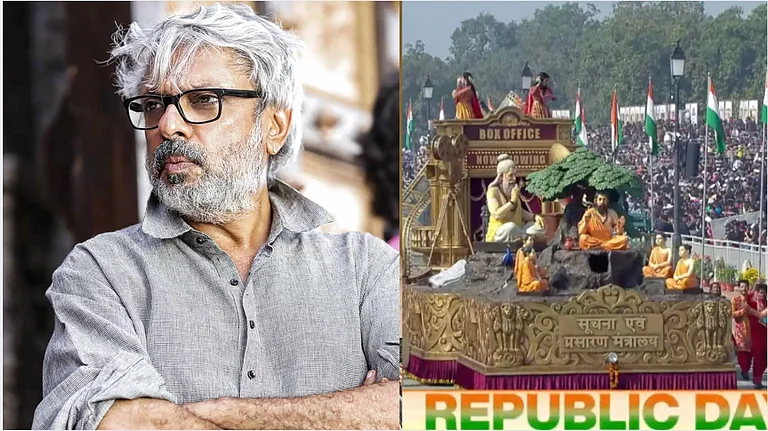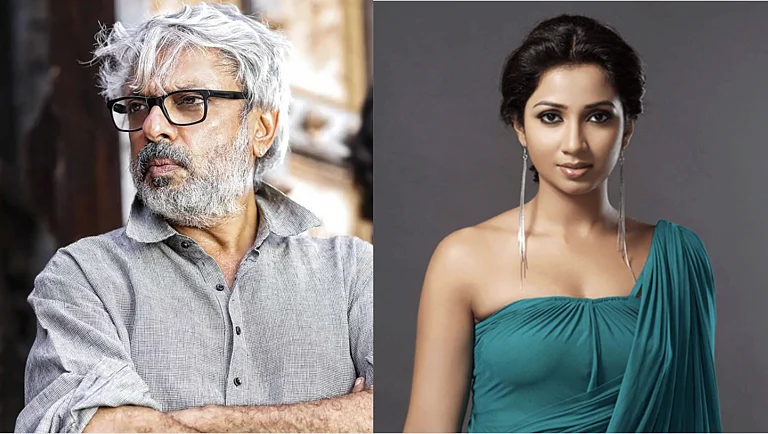The Hindu epic of Ramayana is incomplete without its main antagonist, Raavan. The eldest son of sage Vishrava and Kaikasi, he was the 'demon' king of Lanka who abducted Sita, Ram's wife, and held her hostage in Ashok Vatika. Raavan was slain on the battlefield by Ram, who came to rescue his wife.
Mahisasur, like Raavan, is also considered a deceitful demon who was defeated by Goddess Durga. The killing of Raavan and Mahisasur is marked by the festival of Dussehra, celebrated as the triumph of ‘good over evil’. But were they only villains as portrayed in Hindu mythology?
Raavan in many narratives was a wise scholar, powerful ruler and warrior, and was respected by many sections of society. He was considered a Brahmin and also an Adivasi icon. In many areas of Jharkhand, Chhattisgarh, Madhya Pradesh, Maharashtra, Odisha, Bengal, and southern India, tribal communities celebrate the martyrdom of Raavan as well as Mahishasur.
In Outlook’s next magazine issue, we take a look at the many representations of Raavan and Mahisasur among various communities.
Asghar Khan writes about how for the Asurs in Jharkhand, who are classified as a primitive tribe, Raavan and Mahisasur are revered personages. The Asurs believe that Mahishasur belonged to their community.
Abhik Bhattacharya writes on the Gond Adivasis, for whom there was never a war waged between Ram and Raavan. Rather, the war has always been between indigeneity and cultural appropriation by ‘outsiders’.
We also travel to Mandaur, a historic town in Rajasthan where the Lankan king is considered the son-in-law. Inscriptions found in the town’s ancient ruins and popular memory suggest that Mandore was the home of Mandodari, the queen consort of Raavan.
Outlook also delves into Raavan’s multi-layered identity and the many connotations of his character in modern-day storytelling and cinema. Beyond his villainous portrayal, Raavan is also considered a victim of circumstance. He is also considered the anti-hero with a streak of goodness in him.


























